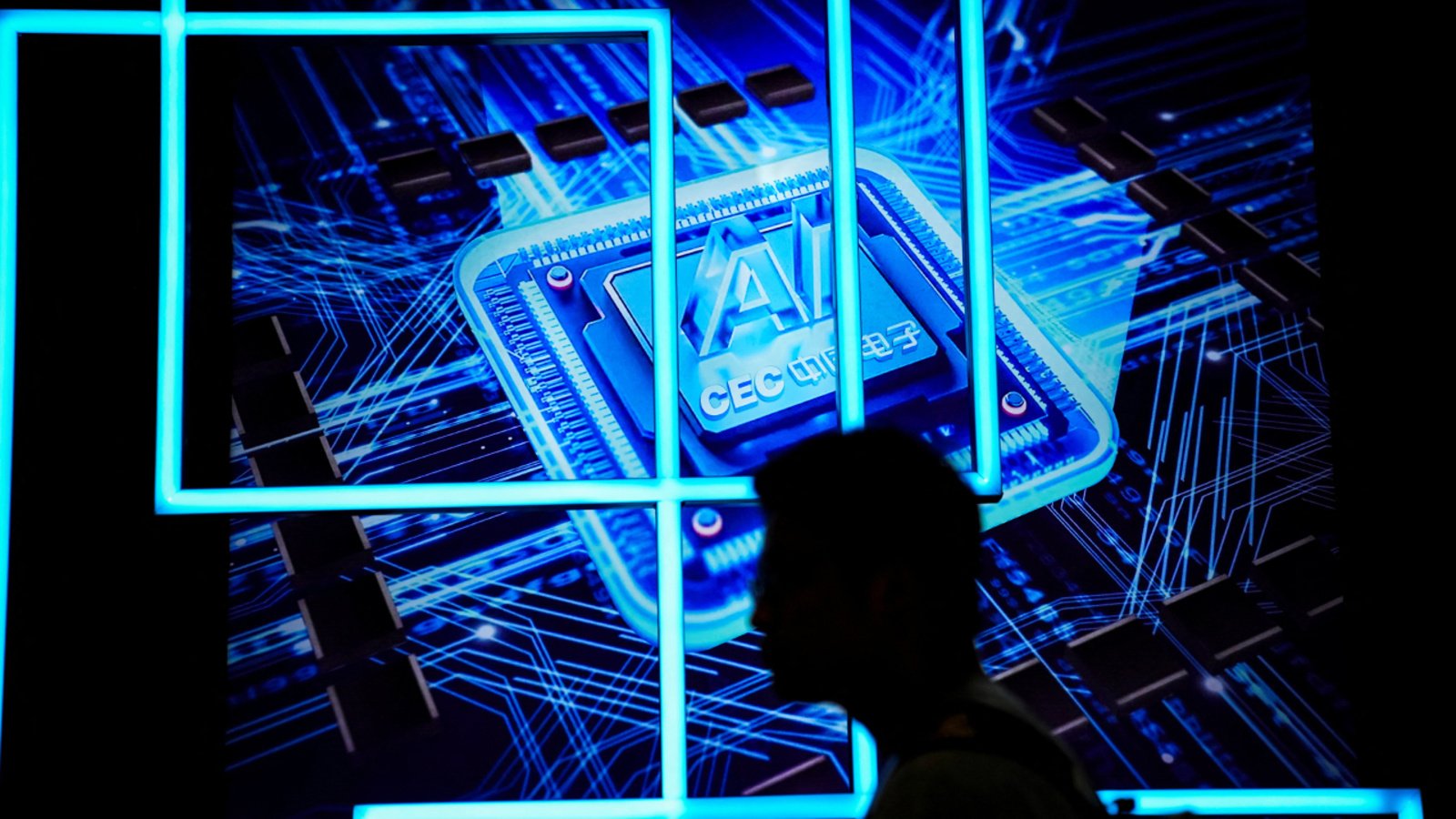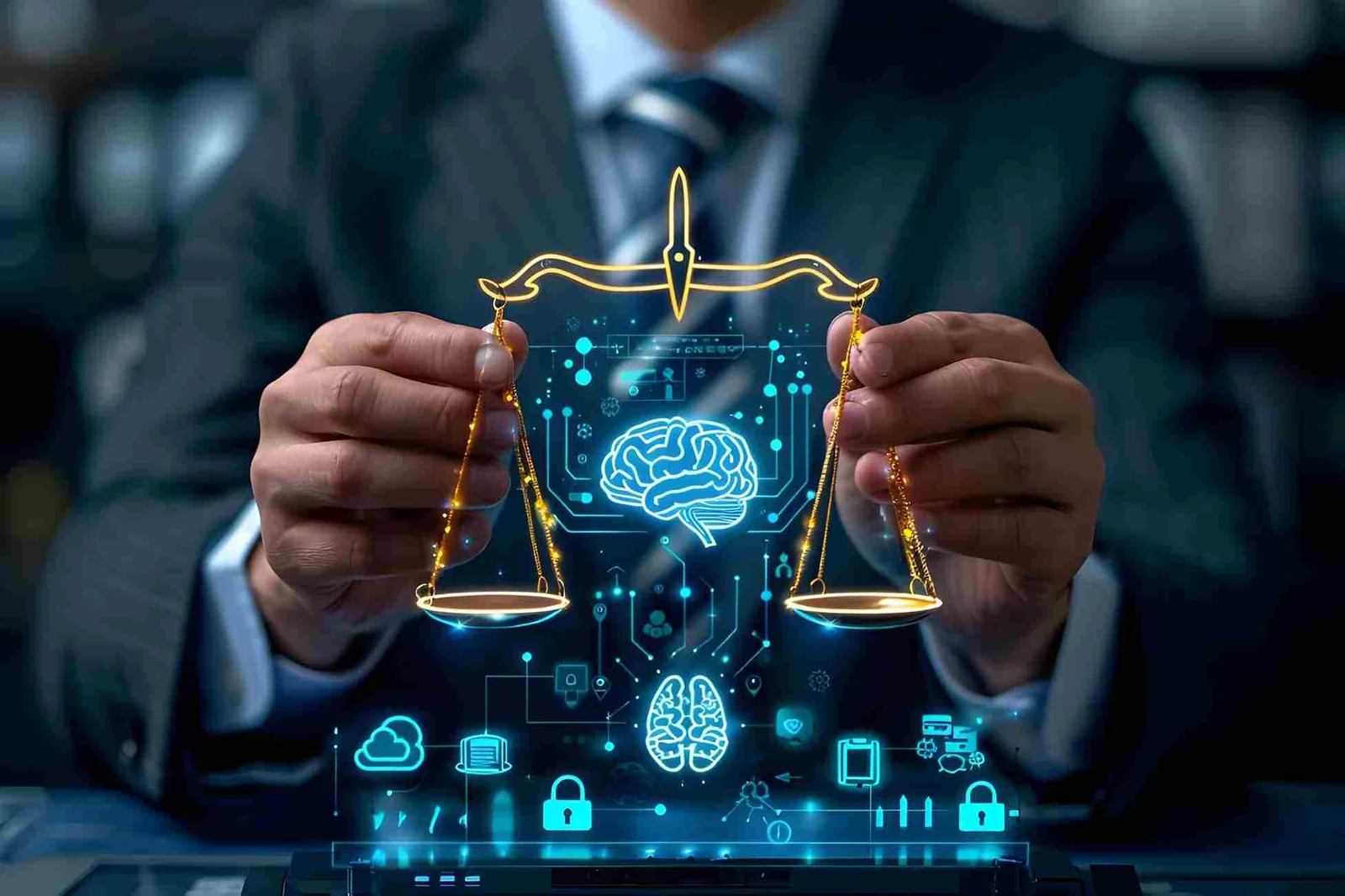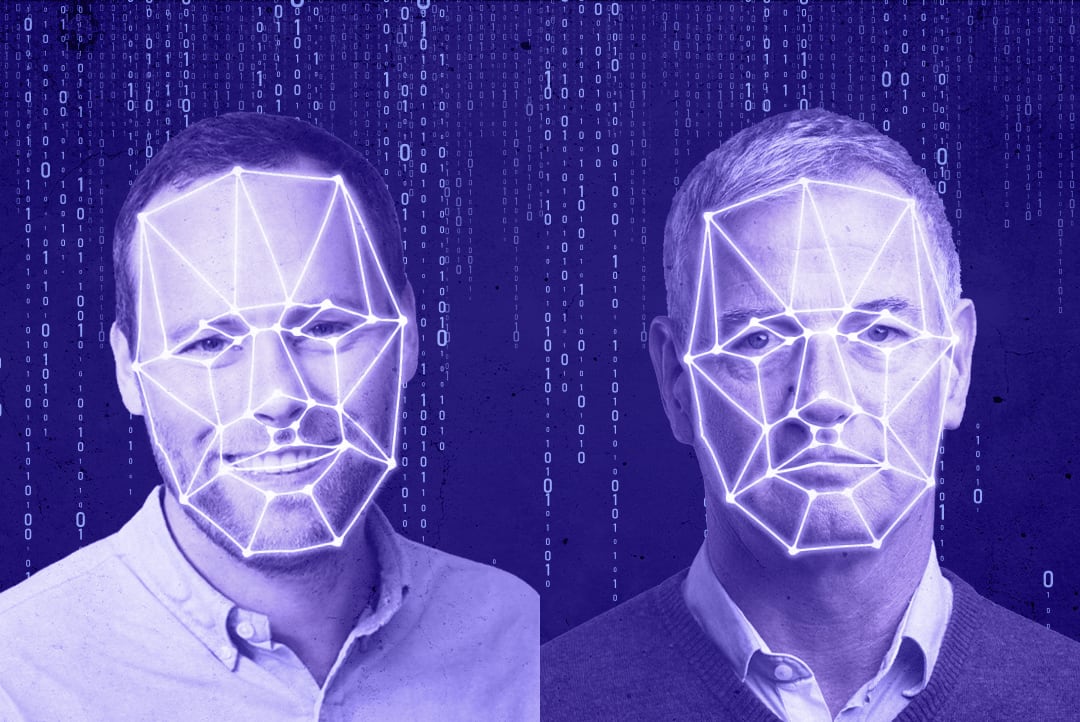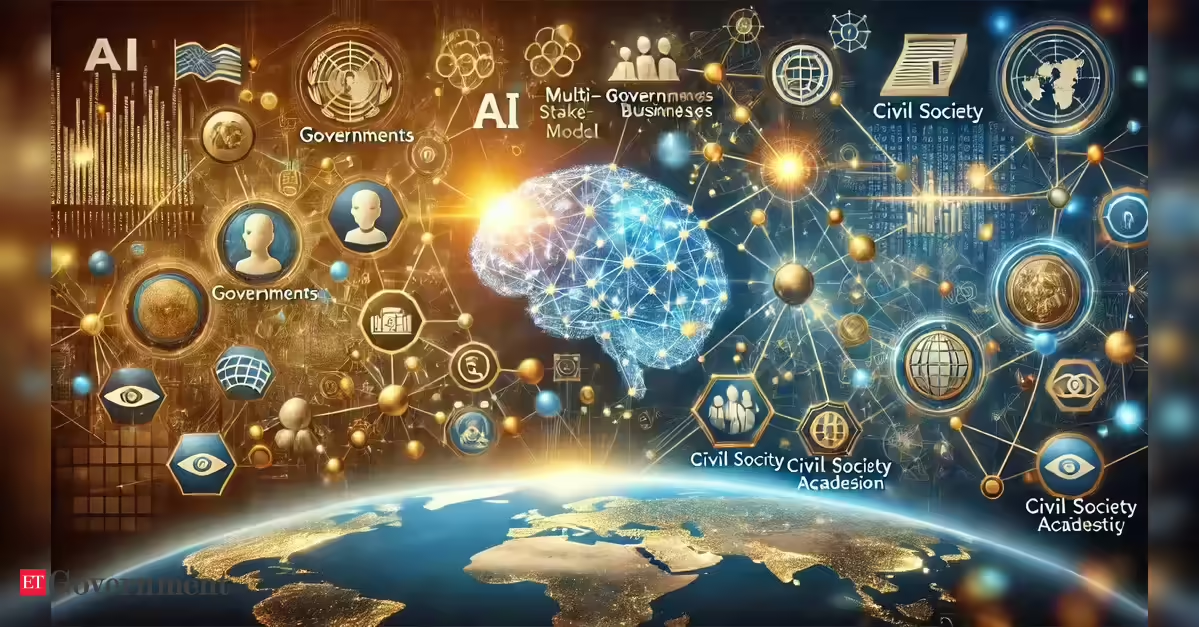Introduction
Artificial intelligence has become the invisible force behind nearly every aspect of modern life—from how we consume information to how global policies are shaped. As governments, corporations, and citizens embrace the digital revolution, AI is influencing decisions that once relied solely on human judgment. Meanwhile, celebrities are using their fame to engage with these technological shifts, promoting sustainability, digital ethics, and even political reform through their global reach.
The convergence of celebrity culture, technological progress, and international politics has created a new landscape of influence. Governments use AI to enhance policy-making and security, tech giants dominate innovation, and public figures shape conversations that define global priorities. Together, they form a network of interconnected forces driving humanity into an era where fame, data, and diplomacy intertwine.
The Technological Transformation of Power
Technology has redefined how power is measured. In the past, nations dominated through military strength or economic control; now, the real measure of influence lies in digital infrastructure and data ownership. AI systems guide financial markets, manage natural resources, and even predict social behavior, giving those who control technology an edge in global politics.
As AI continues to advance, concerns over privacy, surveillance, and inequality grow. Governments are competing to build frameworks that regulate innovation without stifling progress. The challenge lies in balancing progress with protection—ensuring that the digital future empowers citizens rather than marginalizing them.
Celebrity Activism in the Digital Era
In the age of connectivity, celebrities have evolved from entertainers into influential social advocates. Through digital platforms, they address pressing issues like AI regulation, online misinformation, and environmental sustainability. Figures such as Emma Watson, Leonardo DiCaprio, and BTS have used their fame to amplify voices calling for responsible technological use and global cooperation.
Their involvement bridges the gap between politics and popular culture, drawing younger audiences into conversations about digital ethics and international policy. Yet, this influence can be double-edged. While many stars promote positive change, others risk spreading misinformation or oversimplifying complex global challenges. The power of celebrity must be matched with education and responsibility.
AI and Global Political Strategy
Artificial intelligence now plays a critical role in global politics, influencing elections, defense, and diplomacy. Nations are investing in predictive algorithms that analyze economic stability, monitor public sentiment, and identify potential conflicts. This allows leaders to make faster, data-driven decisions that can shape international relations in real time.
However, the use of AI in governance also raises questions about transparency and control. The potential for misuse—whether through propaganda, biased systems, or digital espionage—poses serious ethical dilemmas. For democracy to thrive in the digital age, nations must ensure that technological power remains accountable to the people it serves.
Cultural Diplomacy in the Age of Algorithms
Culture has always been a cornerstone of diplomacy, but AI has amplified its global impact. Streaming platforms, digital art, and social media have turned cultural exchange into a powerful diplomatic tool. Celebrities and content creators influence public opinion across borders, shaping how societies perceive one another.
At the same time, algorithms curate and filter the content people see, often reinforcing echo chambers and bias. Governments and cultural institutions must now consider how AI impacts public understanding of foreign cultures and global cooperation. Maintaining diversity in the digital sphere is crucial for fostering empathy and international harmony.
Technology and the Rise of Economic Inequality
While AI drives innovation, it also deepens the divide between technology-rich and technology-poor regions. Wealthy nations and corporations dominate the AI industry, controlling resources that shape the future of global labor and trade. Automation threatens millions of traditional jobs, forcing societies to adapt to a new economic reality.
To counterbalance these challenges, governments are exploring strategies like universal basic income and digital education initiatives. Empowering individuals with technological literacy is essential for reducing inequality and ensuring that AI becomes a tool for inclusion rather than exclusion.
The Global Call for Digital Ethics
As AI infiltrates every aspect of society, discussions about ethics have become unavoidable. Governments, corporations, and activists are calling for international agreements that regulate how AI is developed and applied. Issues such as bias, surveillance, and misinformation threaten to undermine trust in both technology and governance.
Celebrities and public figures have joined this movement, using their platforms to advocate for transparency and accountability. Their influence brings visibility to complex ethical issues, encouraging citizens to demand fairer and safer digital environments. Together, these efforts represent a growing awareness that technological progress must align with human values.
FAQs
How does AI influence global politics?
AI helps governments analyze data, forecast crises, and make strategic decisions, but it also introduces risks of surveillance and manipulation.
Why are celebrities important in the tech debate?
Celebrities bring public attention to issues like AI ethics and digital rights, mobilizing large audiences to engage with complex global challenges.
Can AI contribute to economic inequality?
Yes, the unequal distribution of AI resources and automation benefits can widen the gap between developed and developing nations.
What role does culture play in digital diplomacy?
Cultural content shared online promotes mutual understanding among nations but can also reinforce bias when filtered through algorithms.
How can AI development remain ethical?
Transparent policies, diverse datasets, and international cooperation are key to ensuring AI supports humanity rather than exploiting it.
Conclusion
The age of AI has intertwined technology, celebrity influence, and political power in unprecedented ways. The institutions that shape our future are no longer limited to governments—they now include tech corporations and cultural icons capable of swaying billions through digital means.
If humanity can balance progress with ethics, innovation with empathy, and influence with accountability, this digital revolution may lead not to division but to a more informed and united world. The choices made today will define the moral and social framework of tomorrow’s global society.









